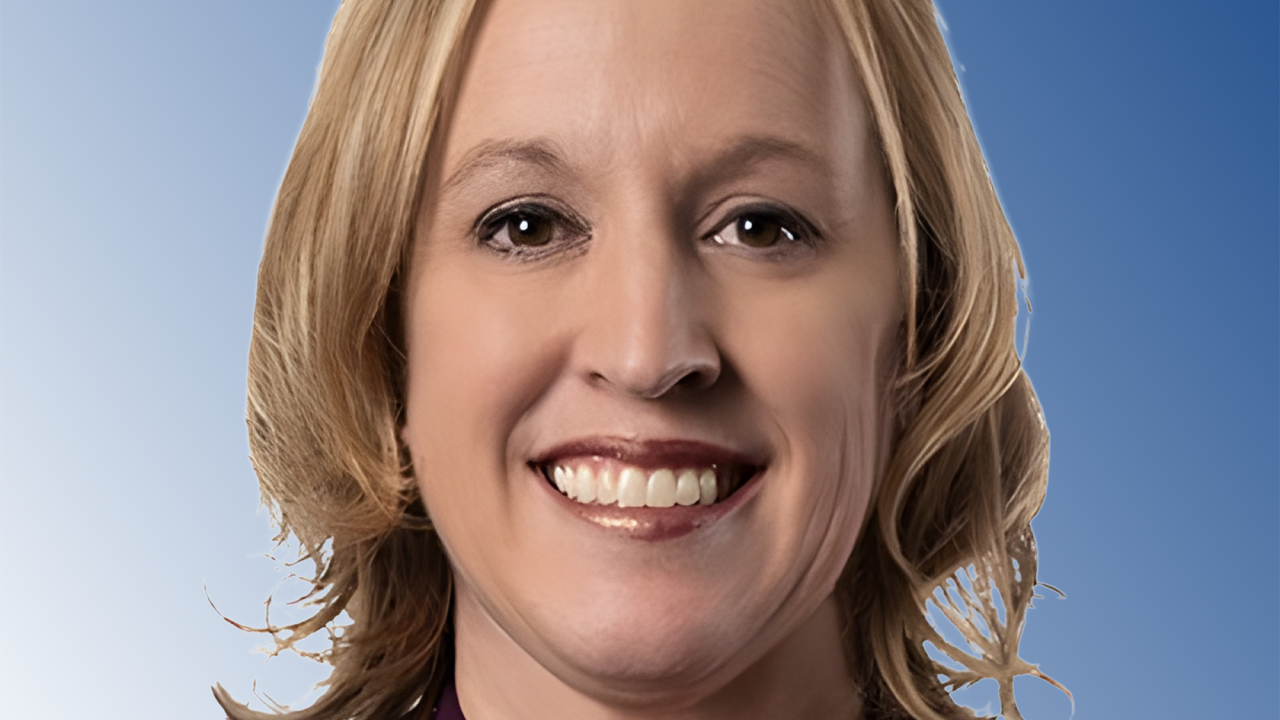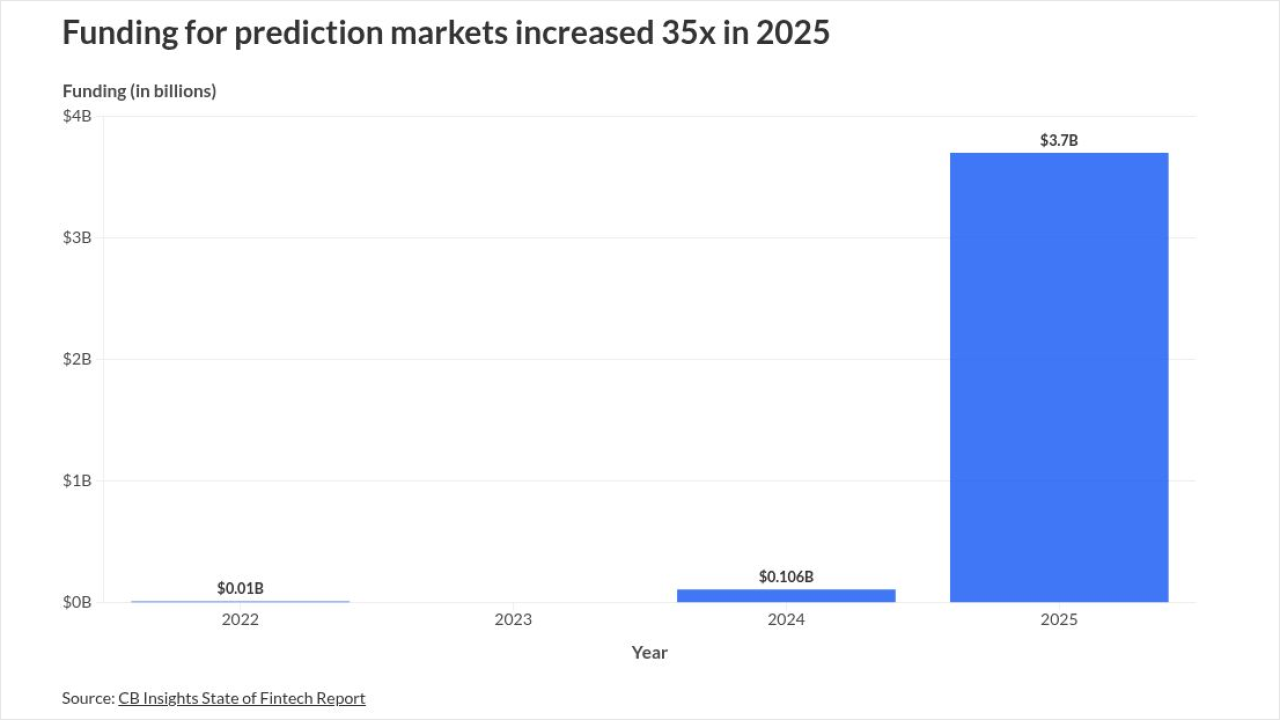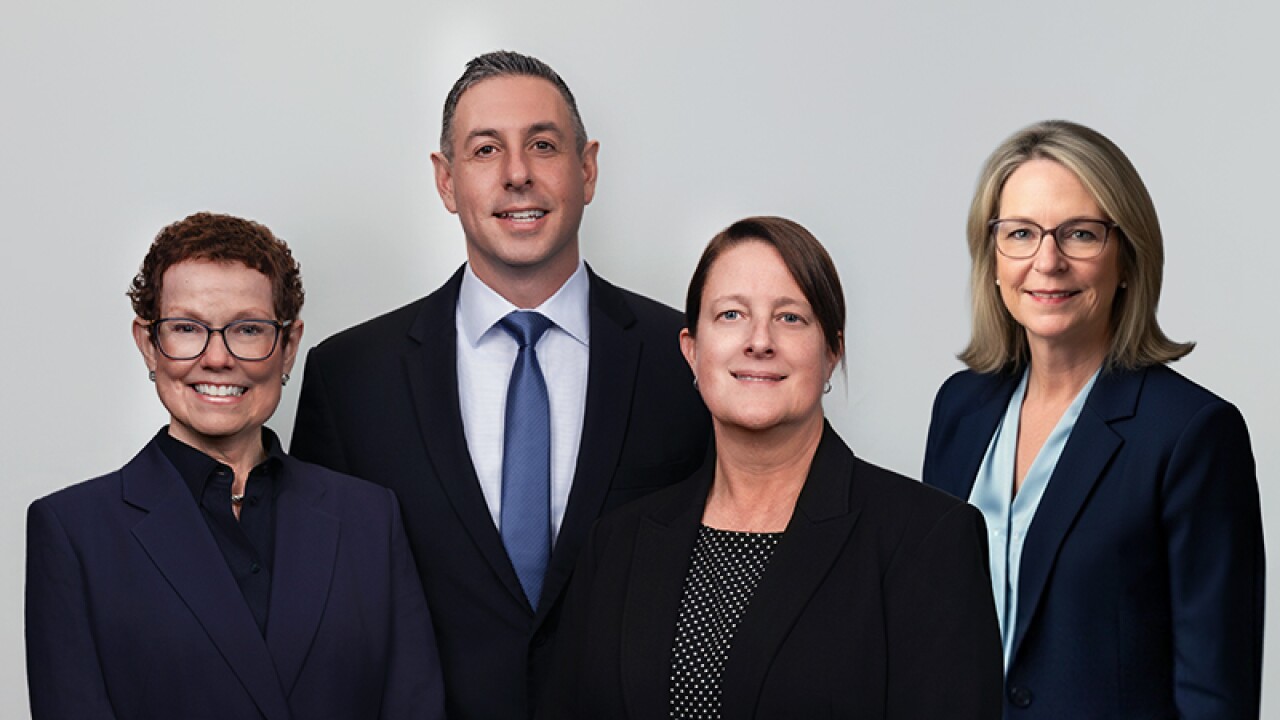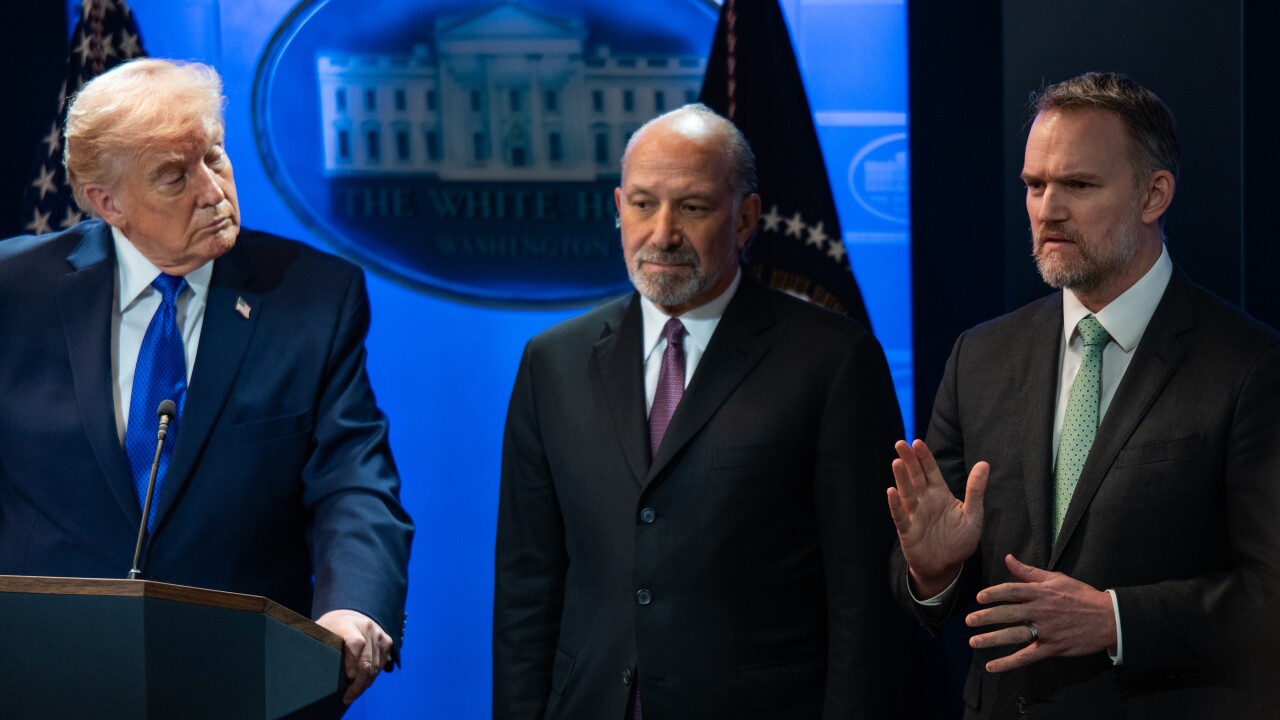Merrill Lynch & Co. is raising the fees it charges some mutual fund companies for selling their products.
Merrill Lynch is in the midst of negotiating new contracts with the approximately 100 fund companies whose products it sells so that all funds will pay the same so-called revenue sharing fee, the charge which funds or their advisers pay broker/dealers for selling funds and servicing shareholders.
Fund companies who sell through Merrill Lynch pay .25 percent to .35 percent of assets, according to mutual fund and securities industry executives and consultants. The new charge will be .35 percent, industry executives said. The charge will consist of .25 percent of assets for sales and an additional .10 percent paid in trailing commissions, executives said.
Merrill Lynch's new rate falls within the range of charges currently used in the mutual fund industry. In a report in October, for example, the SEC said that mutual fund supermarkets normally charge fees from .25 percent to .40 percent of assets for shareholder servicing and distribution expenses.
The standardization of fund charges "is consistent with the Merrill corporate philosophy," said Andrew Guillette, an analyst with the mutual fund research firm of Cerulli Associates of Boston. "They truly go through great pains to make sure everyone in their system is on an equal footing" in terms of distribution.
Susan Thomson, a Merrill Lynch spokesperson, confirmed that Merrill Lynch is negotiating new agreements which call for a standardized revenue-sharing charge. She declined to describe the rate or identify mutual fund companies which will pay higher distribution costs as a result of the move. It was unclear how many firms will be affected by the changes.
The changes are the result of expenses associated with selling the funds, including technology costs and due diligence reviews for new funds, Thomson said. Merrill Lynch also views the move as a way to treat all fund companies equally, Thomson said. She declined to comment on whether Merrill Lynch is facing much resistance to the standardized fee.
"We feel pretty confident that we can re-price," Thomson said.
Mutual fund companies who sell through broker/dealers value the distribution capacity of Merrill Lynch's 13,600 brokers. Its sales force is the largest of any broker/dealer, said Guillette. Researchers who track the fund industry say that the importance of effective distribution has grown as the number of mutual funds has swelled to more than 10,000.
Charles Schwab & Co., a firm whose prominence as a distributor in the world of no-load funds is similar to Merrill Lynch's position among broker/dealer distributed funds, last year standardized at .35 percent its own rates for funds who participate in its mutual fund supermarket for no-load funds, OneSource.
Prior to the change, fund companies paid a range of charges, said Greg Gable, a Schwab spokesperson. Fund companies which had negotiated payment arrangements years ago usually paid less than more recent entrants to OneSource, Gable said. Schwab continued to add services which increased expenses while old fee rates did not change, Gable said. As with OneSource, Merrill's fee increases are likely to be larger for the companies with the longest standing relationships with Merrill. OneSource, however, did limit its increases to .05 percent. Thomson of Merrill declined to say whether the company was placing a ceiling on its fee increases.
Mutual fund executives know that distributors charge different rates to different firms for sales and service, said Louis Harvey, president of Dalbar, a fund research firm in Boston. The varying distribution charges have been a function of when distribution contracts were negotiated, the mutual fund companies involved and the types of services a distributor provides, Harvey said.
"Over time, you have a mish mash" of distribution charges, Harvey said.
Mutual fund industry executives were reluctant to comment for attribution on Merrill Lynch's plan. Some wonderedwhy advances in technology have not decreased rather than increased distribution costs. Representatives of Merrill Lynch and Schwab cited the expense of purchasing and updating equipment as an increased cost they had faced.





